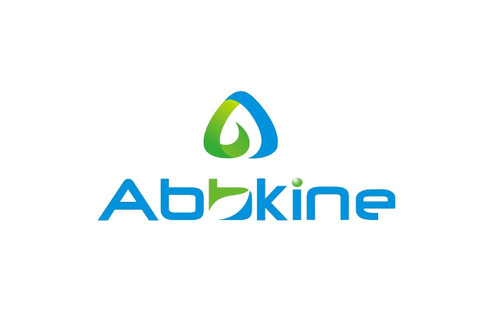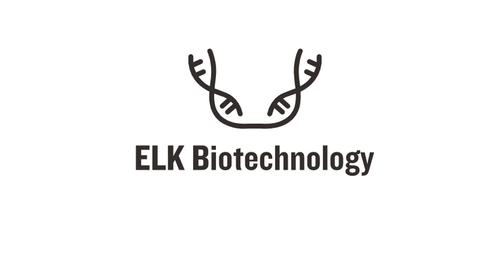Product Description
Human S100 Calcium Binding Protein A8 (S100A8) ELISA Kit | AE20894HU | Abebio
Species Reactivity: Human (Homo sapiens)
Abbreviation: S100A8
Alternative Name: 60B8AG; CAGA; CFAG; CGLA; CP-10; L1Ag; MA387; MIF; MRP8; NIF; P8; OTTHUMP00000015330|S100 calcium-binding protein A8|S100 calcium-binding protein A8 (calgranulin A) |calgranulin A|cystic fibrosis ant
Application: ELISA
Range: 15.6-1000 pg/mL
Sensitivity: 5.6 pg/mL
Intra-Assay: ≤4.1%
Inter-Assay: ≤6.5%
Recovery: 0, 99
Sample Type: Serum, Plasma, Other biological fluids
Detection Method: Sandwich
Analysis Method : Quantitive
Test Principale: This assay employs a two-site sandwich ELISA to quantitate S100A8 in samples. An antibody specific for S100A8 has been pre-coated onto a microplate. Standards and samples are pipetted into the wells and anyS100A8 present is bound by the immobilized antibody. After removing any unbound substances, a biotin-conjugated antibody specific for S100A8 is added to the wells. After washing, Streptavidin conjugated Horseradish Peroxidase (HRP) is added to the wells. Following a wash to remove any unbound avidin-enzyme reagent, a substrate solution is added to the wells and color develops in proportion to the amount of S100A8 bound in the initial step. The color development is stopped and the intensity of the color is measured.
Product Overview: S100A8, a protein associated with a wide variety of inflammatory conditions, is heavily over-expressed in association with inflammation. Human S100A8 possesses neutrophil-repelling properties that result in an anti-inflammatory effect in vivo. The chemotactic activity of S100A8 on neutrophils was tested in Transwell chemotaxis assays. Analysis of the data indicates that S100A8 causes a repulsion of peripheral neutrophils, an activity that S100A8 loses upon its oxidation. S100A8 causes a strong anti-inflammatory effect in the rat air-pouch model of inflammation in vivo. These data highlight a naturally occurring novel anti-inflammatory pathway and provide potential molecular targets for the development of novel anti-inflammatory therapeutics.
Stability: The stability of ELISA kit is determined by the loss rate of activity. The loss rate of this kit is less than 5% within the expiration date under appropriate storage condition. The loss rate was determined by accelerated thermal degradation test. Keep the kit at 37°C for 4 and 7 days, and compare O.D.values of the kit kept at 37°C with that of at recommended temperature. (referring from China Biological Products Standard, which was calculated by the Arrhenius equation. For ELISA kit, 4 days storage at 37°C can be considered as 6 months at 2 - 8°C, which means 7 days at 37°C equaling 12 months at 2 - 8°C) .
 Euro
Euro
 USD
USD
 British Pound
British Pound
 NULL
NULL








